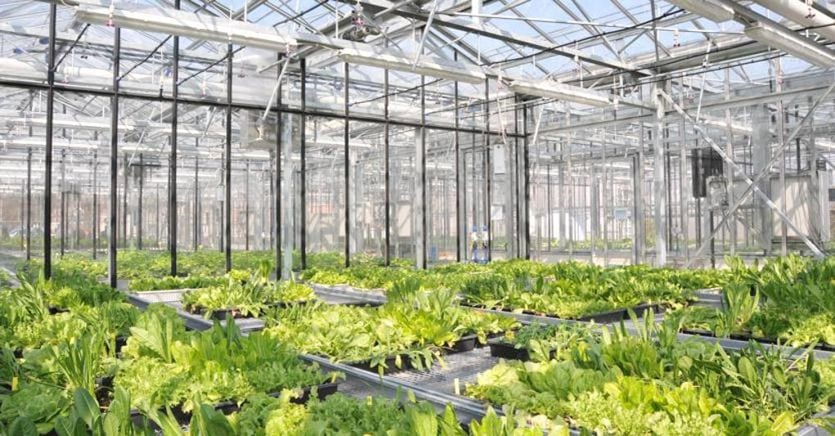Listen to the audio version of the article
Black smoke at the EU Council of Agriculture Ministers on the regulation on plants obtained from new genome modification techniques: “We are very close to an agreement, but there is still no majority”, said the rotating president on Monday 11 December Spanish member of the Council of Agriculture Ministers Luis Planas, inviting the delegations and the European Commission to make an effort to close the dossier as soon as possible by overcoming the divisions on the controversial points. «We – declared Planas – will continue to work so that the Belgian presidency, which begins in January, can adopt conclusions. The issue is urgent, if we don’t seize the opportunity now, we risk not having a regulation before 2025.” In fact, the European legislature will soon expire and the Strasbourg Parliament, as soon as it emerges from next spring’s elections, risks having to start from scratch on the issue of Tea.
To date, EU legislation equates these technologies to GMOs, therefore prohibiting their use in member states. Italy is among the countries favorable to the introduction of new genomic technologies in agriculture, to increase the natural resistance of plants to climate change and parasites. «Plants obtained from new genomic techniques – said the Italian Minister of Agriculture, Francesco Lollobrigida, during the EU Council – are an essential tool for improving the sustainability of production processes in agriculture and contributing to food security and European food sovereignty , which today we consider to be in danger. Plants whose DNA is modified with latest generation biotechnology are totally different from GMOs, which we confirm our opposition to.”
For Massimiliano Giansanti’s Confagricoltura, the failure to reach an agreement within the EU Agriculture Council is not good news, but this does not mean that it is not still possible to reach an agreement before the end of the legislature. «The invitation we address to the European Parliament and to the Belgian Presidency in office, which will be in office from 1 January – said Giansanti – is to keep the genomic techniques dossier at the top of the list of priorities, to avoid postponing decisions at the end of next year after the elections to the EU Parliament and the installation of the new Commission. It would be difficult to understand a delay of almost a year in starting to make available to agricultural businesses an innovative tool, already used in some of our large competitor producing countries, which allows them to safeguard production, while at the same time reducing the pressure on natural resources”. Even for Coldiretti, that of Tea is an opportunity that the EU cannot afford to miss: «The new green genetics – said its president, Ettore Prandini – aims to protect the biodiversity of Italian agriculture and, at the same time, to improve the efficiency of our production model through more resistant varieties, with less need for agrochemicals and water”. ,
